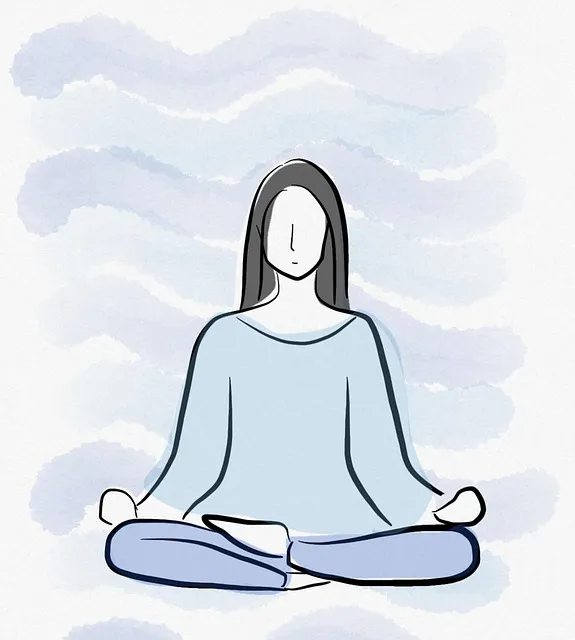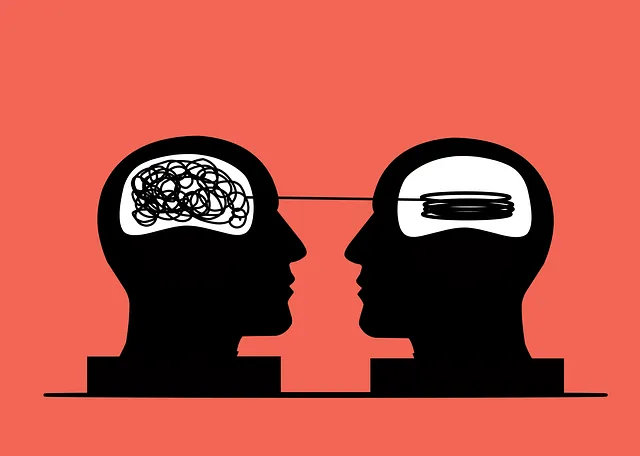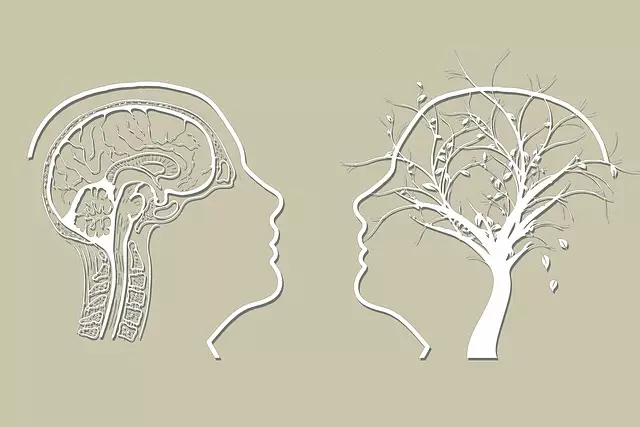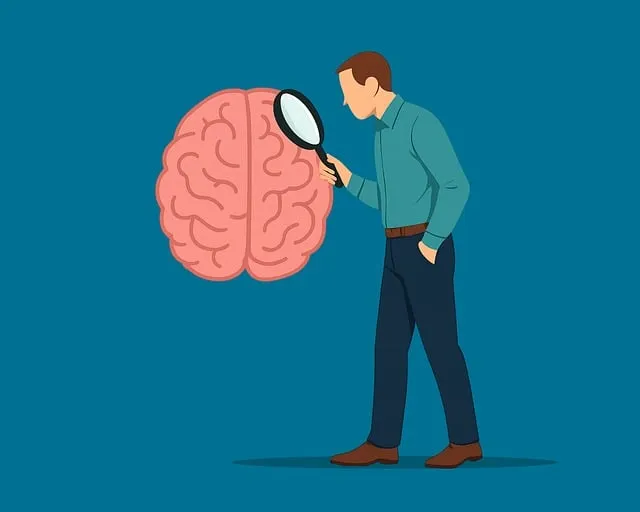The Kaiser Permanente behavioral health center in Superior offers comprehensive stress management programs, combining Cognitive Behavioral Therapy, Compassion Cultivation Practices, and Emotional Intelligence training. They emphasize the mind-body connection, promoting emotional intelligence and resilience through mindfulness, meditation, and physical activity. The center provides tailored guidance for stress reduction, crisis intervention support, and lifestyle changes to improve mental wellness and overall well-being, serving as a holistic resource for individuals seeking calm in a fast-paced world.
Stress reduction is an essential aspect of maintaining a healthy mind and body, and the Kaiser Permanente behavioral health center has developed effective strategies to support its members. This article explores various proven methods to combat stress, from cognitive behavioral therapy (CBT) sessions at the Kaiser Permanente behavioral health center, to mindfulness practices, physical activity, and lifestyle changes. Discover how these superior approaches can help you navigate life’s challenges with resilience and find lasting calm.
- Understanding Stress: The Impact on Mind and Body
- Cognitive Behavioral Therapy: A Kaiser Permanente Behavioral Health Center Approach
- Mindfulness and Meditation: Finding Calm in a Busy World
- Physical Activity and Exercise: Unleashing the Stress-Busting Power of Movement
- Lifestyle Changes: Nurturing Well-being for Long-Term Stress Reduction
Understanding Stress: The Impact on Mind and Body

Stress is a natural response that every individual experiences at some point in their lives. It’s a reaction triggered by various factors, such as work pressure, financial worries, or personal challenges, which can significantly impact both mental and physical well-being. The mind and body are intricately connected when it comes to stress management, as the emotional state influences physiological functions and vice versa. For instance, heightened stress levels can lead to increased heart rate, elevated blood pressure, and muscle tension—all of which contribute to a range of health issues if prolonged.
At the Superior Kaiser Permanente behavioral health center, they recognize that understanding these interconnectedness is vital. They offer guidance on crisis intervention and coping skills development to empower individuals with effective stress management strategies. Additionally, fostering emotional intelligence can help people interpret their feelings and responses to stress, enabling them to make healthier choices and enhance overall resilience.
Cognitive Behavioral Therapy: A Kaiser Permanente Behavioral Health Center Approach

Cognitive Behavioral Therapy (CBT) is a cornerstone approach used by Kaiser Permanente behavioral health centers to address stress and its underlying causes. This evidence-based method focuses on identifying and challenging negative thought patterns, replacing them with more adaptive and realistic ones. By doing so, CBT empowers individuals to manage their emotions and behaviors more effectively, leading to reduced stress levels and improved overall well-being.
The Kaiser Permanente behavioral health centers take a holistic approach, incorporating Compassion Cultivation Practices and Emotional Intelligence training into their CBT programs. These additional strategies foster empathy, self-awareness, and effective communication, further enhancing the therapeutic process. Moreover, centers prioritize risk assessment for mental health professionals to ensure a safe and supportive environment where clients can explore and overcome their stress-related challenges.
Mindfulness and Meditation: Finding Calm in a Busy World

In today’s fast-paced world, finding moments of calm amidst the hustle and bustle is more important than ever. This is where mindfulness and meditation come into play as powerful tools for stress reduction, offered by superior resources like the Kaiser Permanente behavioral health center. These practices encourage individuals to focus on the present moment, cultivating a sense of tranquility and emotional balance. By engaging in regular mindfulness exercises, one can enhance their ability to manage mood swings and navigate life’s challenges with greater composure.
Meditation serves as a complementary practice, providing a structured framework for calming the mind. At the Kaiser Permanente behavioral health center, they offer guidance tailored to both beginners and experienced practitioners. Through various meditation techniques, individuals learn to observe their thoughts without judgment, fostering self-awareness and emotional resilience. This not only helps in stress reduction but also serves as valuable crisis intervention guidance, empowering mental health professionals to support those facing mood management issues or at-risk situations, as outlined in their comprehensive Risk Assessment for Mental Health Professionals resources.
Physical Activity and Exercise: Unleashing the Stress-Busting Power of Movement

Physical activity and regular exercise are powerful tools in the fight against stress, recommended by experts at the Kaiser Permanente behavioral health center Superior. Movement releases endorphins, often referred to as ‘feel-good’ hormones, which can significantly reduce stress levels and enhance overall well-being. Even a short, brisk walk or a simple yoga session can be incredibly effective in clearing your mind and calming your body.
Incorporating physical activity into your routine not only promotes better mental health but also improves sleep quality, boosts energy levels, and enhances mood. The American Psychological Association highlights that exercise can act as a healthy outlet for tension and anger, providing a much-needed break from stressful situations. Moreover, engaging in activities you enjoy, like dancing or hiking, can foster positive thinking and offer a sense of accomplishment, contributing to a more resilient mindset when facing challenges.
Lifestyle Changes: Nurturing Well-being for Long-Term Stress Reduction

Making lifestyle changes is a powerful tool for long-term stress reduction, as recommended by experts at the Kaiser Permanente behavioral health center Superior. Incorporating regular physical activity, a balanced diet, and sufficient sleep into your daily routine can significantly enhance mental wellness and improve self-esteem. These foundational practices not only boost your overall well-being but also serve as effective strategies for mood management.
Additionally, cultivating mindfulness and engaging in activities that bring joy can contribute to a healthy lifestyle. By prioritizing stress reduction methods, individuals can create a robust framework to navigate life’s challenges more effectively. This holistic approach ensures that both mind and body are nurtured, fostering a sense of calm and resilience over time.
In exploring effective stress reduction methods, this article has illuminated the profound impact of understanding and managing stress on both mind and body. From cognitive behavioral therapy at Kaiser Permanente behavioral health centers to mindfulness, physical activity, and lifestyle changes, each approach offers a unique yet superior path to long-term well-being. By integrating these strategies into daily routines, individuals can experience improved mental clarity, enhanced resilience, and a greater sense of calm in even the busiest worlds.






